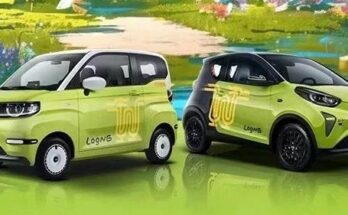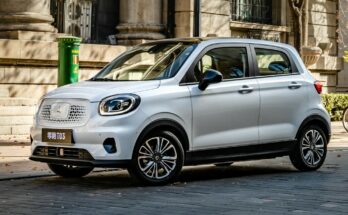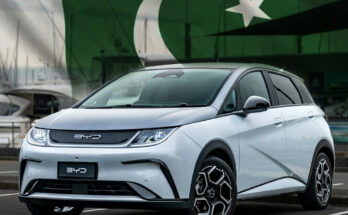Stellantis CEO Carlos Tavares has called on the European Union to place higher tariffs on Chinese automakers. While speaking to reporters at the 2022 Paris Motor Show, Tavares said:
“Very simply, we should ask the European Union to enforce the same conditions in Europe for Chinese manufacturers under which we, the western manufacturers, compete in China.”
Tavares insists that Chinese car manufacturers could infiltrate the mainstream European auto market by selling at a loss initially, in order to gain a foothold. “The European market is wide open to the Chinese and we do not know if their strategy is to grab market share at a loss and increase their price later,” he stated.

Currently, cars built in Europe have to face about 15% – 25% tariffs in China, which is higher than the 10% tariff for China-built cars coming into Europe. With recent moves by BYD, NIO, Voyah, MG, Xpeng, and GWM, Chinese automakers are beginning to carve a niche for themselves in the European market with relatively cheaper cars manufactured in China. The vehicles are getting good attention from European customers due to lower price, almost zero maintenance (EVs) and impressive equipment on offer while boasting full 5-star crash test scores under Euro NCAP’s most stringent testing protocols.
Related: BYD, ORA and Wey Appear at the 2022 Paris Motor Show
According to an environmental group Transport and Environment, Chinese cars account for 5% of the BEVs (battery electric vehicles) sold in Europe in 2022, and that figure could rise to 18% by 2025. The report further suggests that Chinese automakers were taking advantage of the slow EV production by their European counterparts. Julia Poliscanova, senior director at Transport & Environment, said.
“European carmakers have slammed the brakes on their electric car offerings at a time when Chinese and American carmakers are rapidly bringing new models to the market.”
French President Weighs In
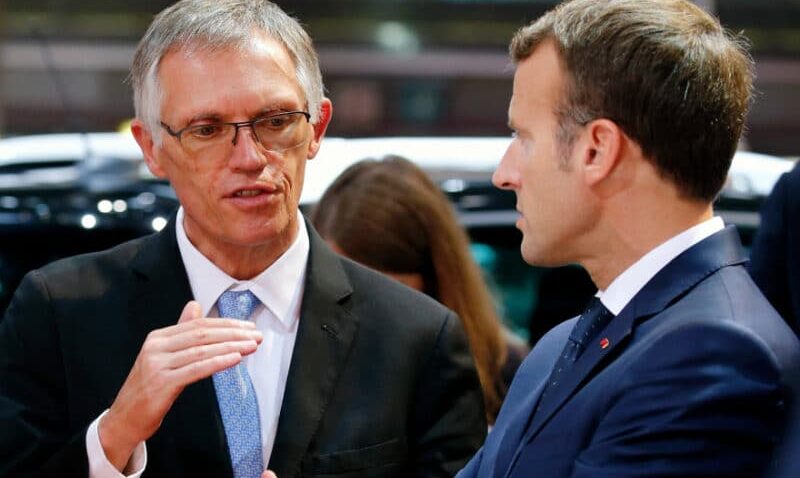
Carlos Tavares also mentioned his discussions with French President Emmanuel Macron, who has been vocal about the push from Chinese and American EV manufacturers in Europe. Tavares said:
“President Macron understands this but it has to be a larger front [from the European Union] to say we welcome the Chinese in Europe but only if they compete with us under the same rules.”
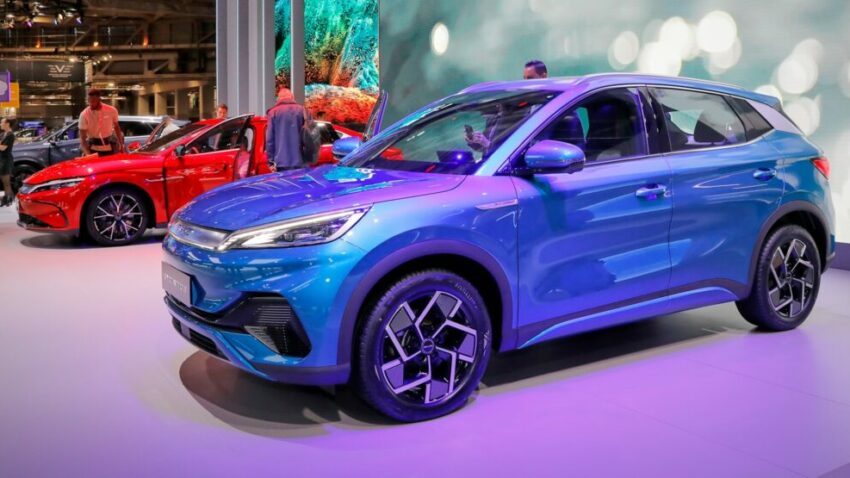
On his part, Mr. Macron has voiced his opinion, calling for policy reforms to shield European manufacturers from increasing competition from Chinese and American companies. In an interview with Les Echos Macron said:
“The Americans are buying American and pursuing a very aggressive strategy of state aid. The Chinese are closing their market. We cannot be the only area, the most virtuous in terms of climate, which considers that there is no European preference.”
Germany Might Not Be Part Of It
Although plans to increase tariffs might favor Europe in the long run, Germany might not be a party to it. While Germany and China have their ideological differences, both countries have benefited immensely from each other on the automotive scene.
Related: Smart #1 EV by Geely and Daimler Unveiled
German automakers have made hefty investments in joint ventures with their Chinese allies. Examples such as the BMW partnership with Brilliance, the Daimler with BAIC, and the Volkswagen/SAIC ventures, with the latter birthing a Volkswagen Plant in Urumqi, Xinjiang.
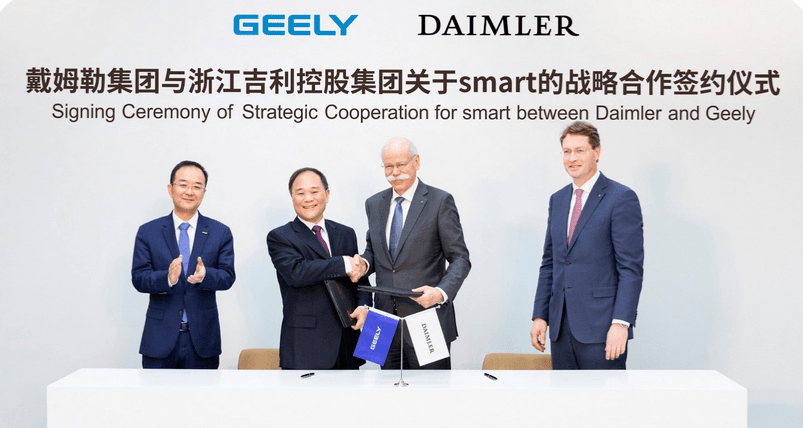
Furthermore, BYD’s alliance with Daimler to produce Denza, and Geely’s stake in Smart are also examples of Chinese & German mutual interests in automotive fields. In fact, German automakers such as BMW, Mercedes, and Volkswagen sell more cars in China than in any of their other markets.
The Possible Chinese Reaction
On the flip side, any such moves by the European Union to go harder on Chinese cars might be viewed as provocative in China. This could have negative consequences for European brands operating in Chinese market. In past, there are instances of Chinese consumers boycotting foreign products due to perceived attacks, such as the famous French automobile boycotts of 2008, and Europe will be wary of this. In this regard, it remains to be seen what Europe’s next line of action will be.
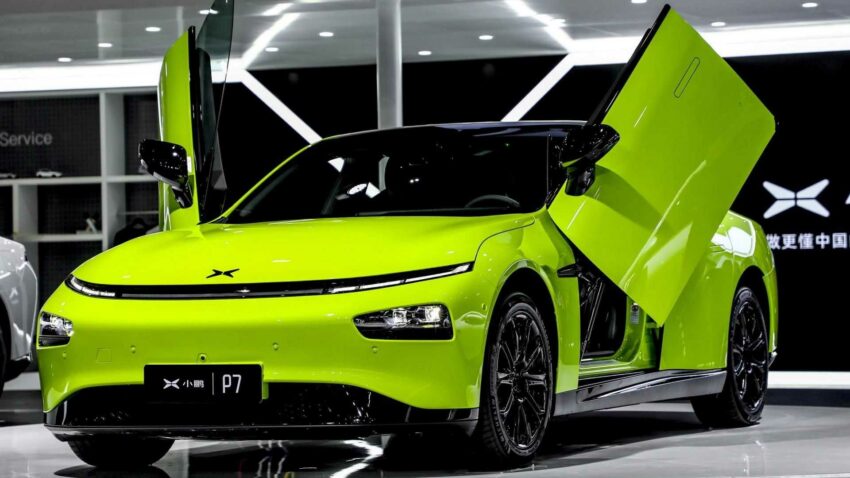
Even if they push to accelerate the development of EVs, as Stellantis European boss recently indicated, it will be too hard for European automakers to compete with a flurry of Chinese automakers which can be counted in multiple dozens.
Source: CarNewsChina

A computer animation professional with over 23 years of industry experience having served in leading organizations, TV channels & production facilities in Pakistan. An avid car enthusiast and petrolhead with an affection to deliver quality content to help shape opinions. Formerly written for PakWheels as well as major publications including Dawn. Founder of CarSpiritPK.com

